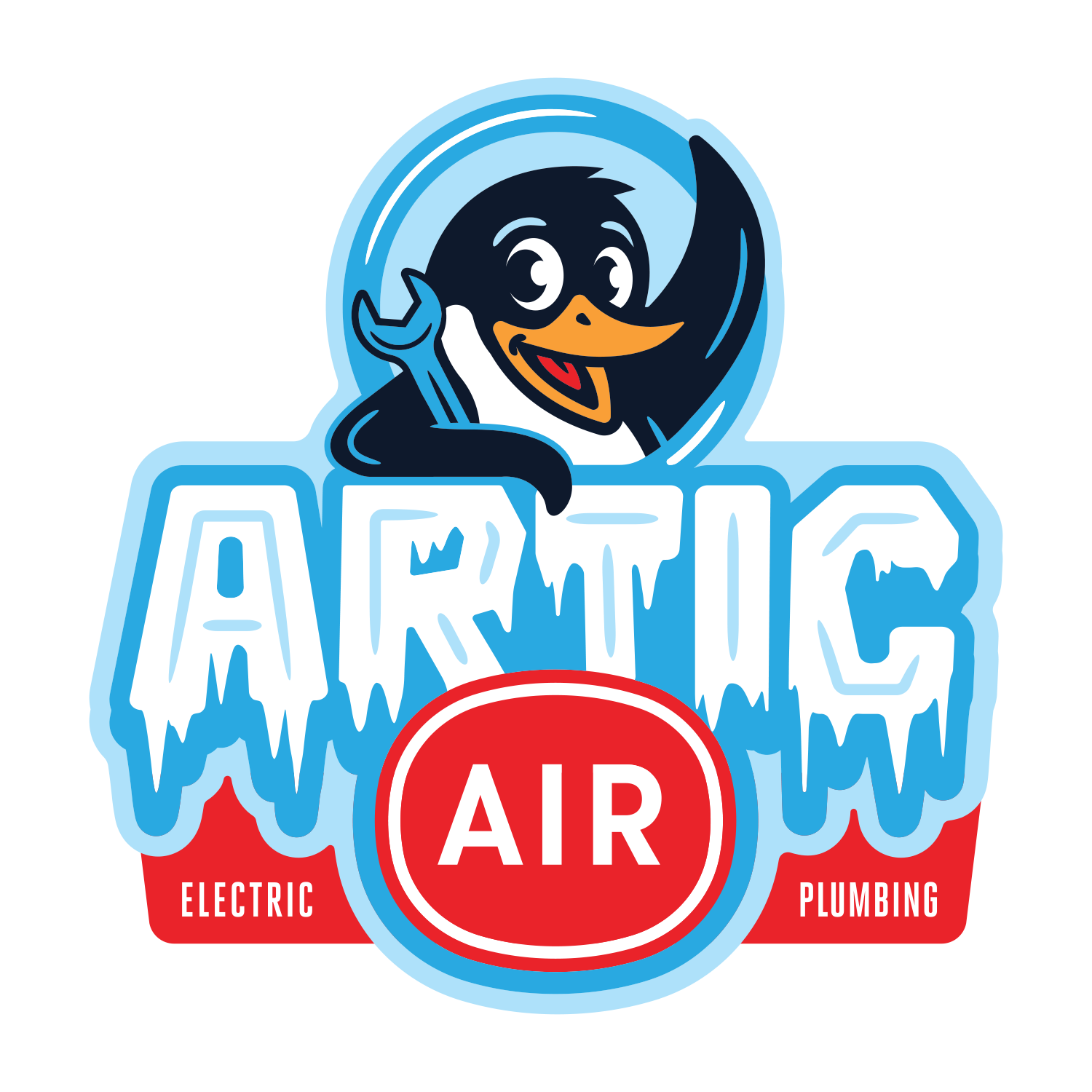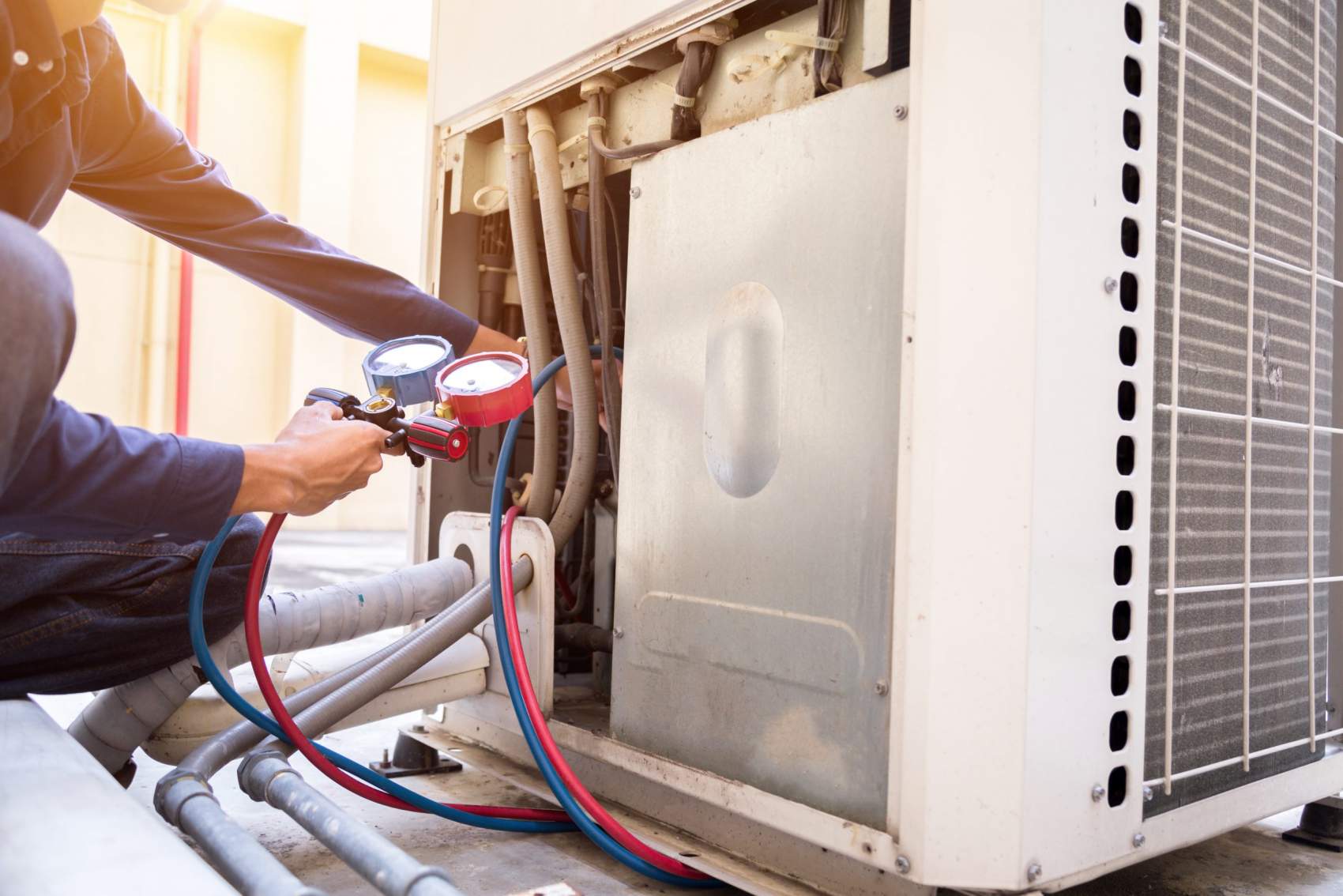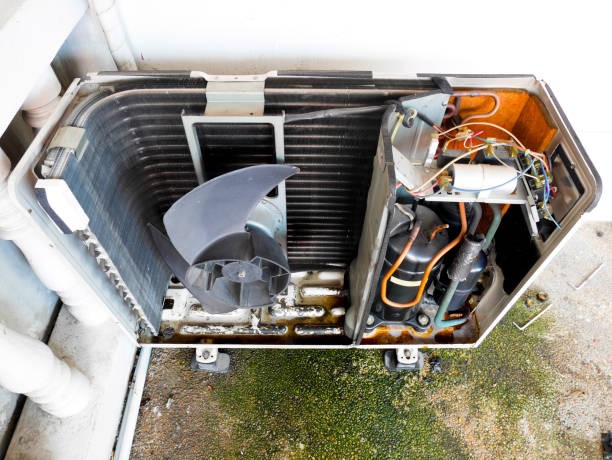When winter settles in, the debate over the necessity of home heaters becomes a common topic among homeowners. Understanding when and how to use heaters effectively is crucial for maintaining indoor comfort and optimizing energy efficiency. This comprehensive article delves into the factors influencing heater usage, dispels common myths, and offers practical tips for maximizing heating efficiency.
Factors Influencing Heater Usage:
- Outdoor Temperature Dynamics: The prevailing outdoor temperature is the primary determinant of home heater usage. Heaters are indispensable for maintaining comfortable indoor temperatures in regions experiencing extreme cold, such as northern climates. Conversely, homeowners may only need heaters sporadically in milder climates, particularly during nighttime or early morning hours.
- Home Insulation Quality: A home’s insulation level significantly impacts its heating requirements. Well-insulated homes effectively retain heat, reducing the workload on heaters and promoting energy efficiency. Conversely, poorly insulated homes experience more heat loss, necessitating increased heater usage to maintain comfortable indoor temperatures.
- Personal Comfort Preferences: Individual comfort preferences play a significant role in
dictating heater usage patterns. Some individuals prefer warmer indoor temperatures and may rely on heaters more frequently to achieve their desired comfort. Conversely, others may be comfortable with cooler indoor temperatures and opt for minimal heater usage.
Dispelling Common Heating Myths:
- Myth: Heaters are only necessary during freezing weather.
Fact: While heaters are essential for combating extreme cold, they also serve a vital role in moderating indoor temperatures during milder weather conditions. Consistent heater usage helps maintain a comfortable living environment and prevents indoor temperature fluctuations.
- Myth: Continuous heater operation is the most efficient heating strategy.
Fact: Continuous heater operation can lead to excessive energy consumption and unnecessarily high utility bills. Optimal heating efficiency is achieved by using heaters strategically, such as turning them off when leaving the house or adjusting thermostat settings based on occupancy and comfort requirements.
- Myth: Closing vents or doors in unused rooms conserves energy.
Fact: Closing vents or doors in unused rooms disrupts airflow and creates pressure imbalances within the HVAC system, potentially leading to inefficiency and increased energy consumption. Maintaining consistent airflow throughout the home promotes even heating distribution and optimal system performance.
Best Practices for Heater Usage:
- Programmable Thermostat Utilization: Investing in programmable thermostats enables homeowners to schedule temperature adjustments based on their daily routines. By automating temperature settings, homeowners can optimize comfort levels while minimizing energy usage during periods of low occupancy.
- Regular HVAC Maintenance: Scheduling routine HVAC maintenance, including filter replacements and system inspections, ensures optimal system performance and energy efficiency. Well-maintained HVAC systems operate more efficiently, reducing the need for excessive heater usage.
- Home Energy Audits: Conducting home energy audits helps identify energy loss and inefficiency areas, allowing homeowners to implement targeted improvements such as insulation upgrades and air sealing. Addressing these issues enhances overall energy efficiency and reduces heater reliance.
In conclusion, the necessity of home heaters varies depending on factors such as outdoor temperature, home insulation quality, and personal comfort preferences. By understanding these factors and dispelling common heating myths, homeowners can adopt effective strategies for optimizing heating efficiency while maintaining indoor comfort. Incorporating best practices such as programmable thermostat utilization and regular HVAC maintenance further enhances energy efficiency. It reduces heating costs, ensuring a comfortable and cost-effective living environment throughout winter.


